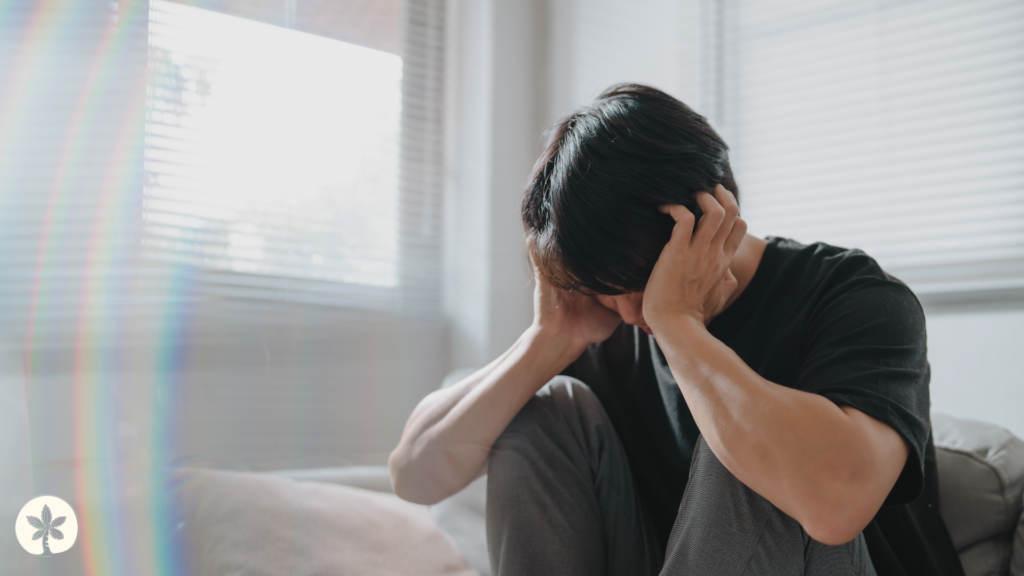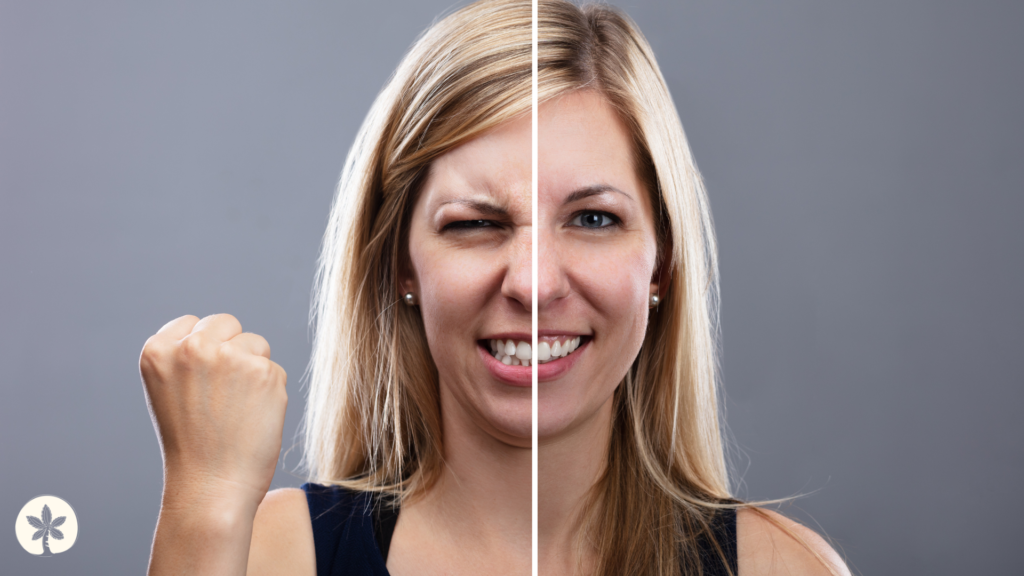Understanding the Different Types of Depression: A Guide for Mental Health Counseling in Brownsville, Harlingen, & McAllen, Texas
By Meghan Garcia If you’re searching for support and clarity around the types of depression and counseling in McAllen, you’re not alone. Depression shows up in many forms—and seeking therapy in South Texas, especially in communities like McAllen, Brownsville, and Harlingen, can offer personalized, affirming support. 1. Major Depressive Disorder (MDD) You’ve probably heard of Major Depressive Disorder (MDD). This is one of the most common forms of depression, marked by ongoing feelings of sadness and a loss of interest in things you once loved. Imagine feeling like a fog is constantly hanging over you, making it difficult to enjoy your daily routine. This condition can significantly interfere with your life, making professional help essential. If you’re experiencing these symptoms, depression counseling can be a crucial step toward regaining control of your mental health. 2. Persistent Depressive Disorder (Dysthymia) Persistent Depressive Disorder, also known as Dysthymia, is a long-term form of depression. This condition can last for at least two years, and while the symptoms might not be as severe as MDD, they can feel relentless. If you’re struggling with ongoing feelings of sadness, counseling for depression can help you manage these emotions and lighten the load. With the right support, you can find relief from the emotional weight that Dysthymia brings. 3. Bipolar Disorder Bipolar Disorder involves more than just depression—it also includes extreme mood swings. You might experience periods of intense highs, followed by deep lows where depression takes over. These fluctuations can make relationships and daily life difficult to manage. If this resonates with you and you’re seeking mental health counseling in Brownsville, Harlingen, or Mcallen, finding a therapist who specializes in mood disorders can help you navigate the highs and lows of Bipolar Disorder and offer you the stability you need. 4. Seasonal Affective Disorder (SAD) In some cases, your mood might change with the seasons. Seasonal Affective Disorder (SAD) often occurs during the fall and winter months when there’s less sunlight. If you’ve noticed that your energy levels drop and you feel more tired or withdrawn during certain seasons, you might be experiencing SAD. If you live in a place where seasonal changes can still affect your mood, depression therapy can help you develop strategies to manage these symptoms and improve your mental health year-round. 5. Postpartum Depression & Counseling Support in McAllen For new parents, Postpartum Depression can be an unexpected challenge. While many expect new parenthood to be filled with joy, the reality can be much more complex. Feelings of sadness, anxiety, or exhaustion can make it hard to bond with your baby or feel like yourself. If you’re dealing with these emotions, depression counseling can provide the support and understanding you need. A therapist can help you work through these feelings and adjust to the changes that come with parenthood. 6. Psychotic Depression Psychotic Depression is a serious condition where depression is accompanied by symptoms of psychosis, such as delusions or hallucinations. This can be an overwhelming experience, often making those who face it feel isolated. If you or a loved one is dealing with Psychotic Depression, seeking professional mental health counseling can provide the necessary support to manage these complex symptoms and restore a sense of normalcy. 7. Situational Depression Sometimes, life events can trigger depression. Situational Depression occurs when specific events like a breakup, job loss, or the death of a loved one lead to feelings of deep sadness. While it’s often temporary, it can feel overwhelming in the moment. Living in Brownsville, where family and community ties are strong, you might find that certain situations take a significant emotional toll. Counseling for depression can help you navigate these difficult times, providing the support and guidance needed to move forward. Understanding the Spectrum: Types of Depression & Counseling in McAllen As we’ve explored the different types of depression, it’s clear that mental health is not a one-size-fits-all experience. Depression manifests differently for each individual, and seeking professional help through depression counseling in Brownsville, Harlingen, or Mcallen can make a world of difference in your healing journey. If you or someone you know is feeling down, remember that it’s okay to reach out for help. Depression therapy is available in Brownsville, Harlingen, & McAllen offering hope for brighter days ahead. Whether you’re dealing with Major Depressive Disorder, Bipolar Disorder, or Situational Depression, there’s support ready to guide you through your mental health journey. You don’t have to face this alone—help is available right here in South Texas.


